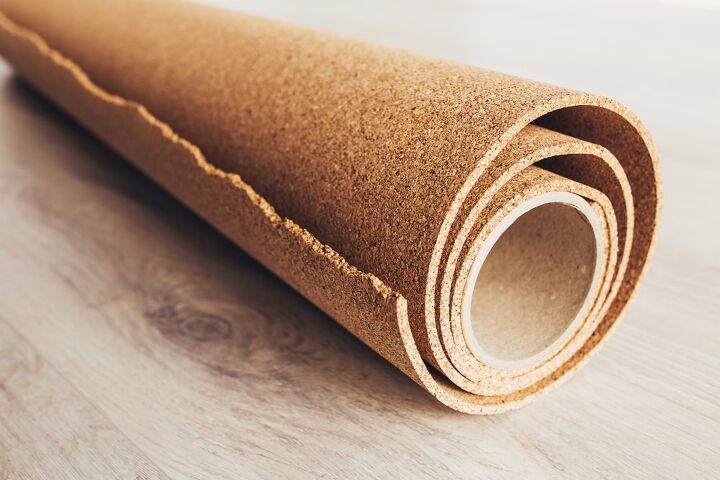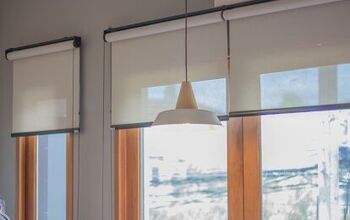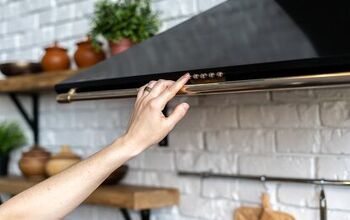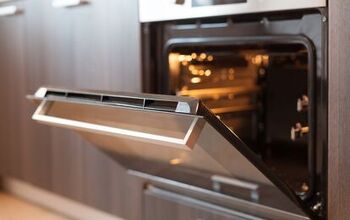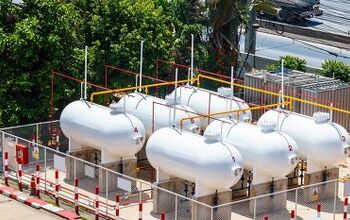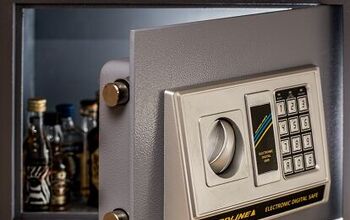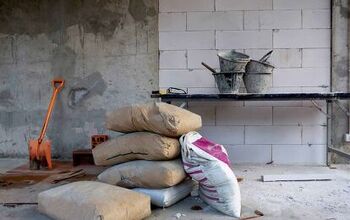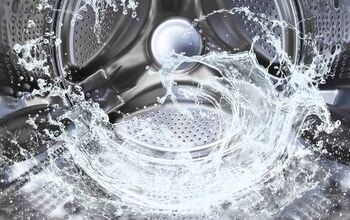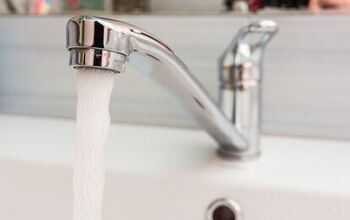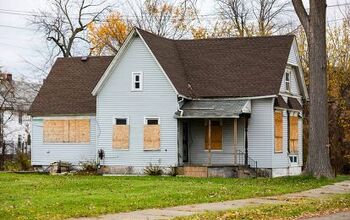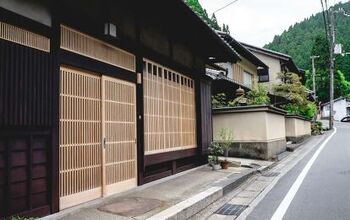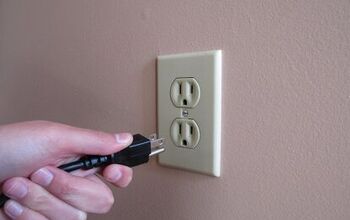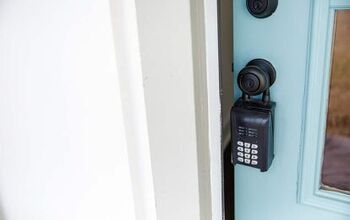Cork Vs. Rubber Underlayment: Which One Is Better?

If you are anticipating installing new hard flooring in your home, you face a critical decision. Hard flooring requires an underlayment material for comfort and sound control properties. Two of the most popular options are cork and rubber underlayment products. Deciding which is the best option can be challenging.
Cork underlayment is a natural product. Cork has properties that make it effective at sound deadening and as a cushioning material under hard flooring. Rubber has a long history of use as sound deadening and cushioning in a variety of applications. It is a natural progression that rubber finds use as an underlayment for hard surface flooring.
Rubber and cork are popular for underlayment applications. Deciding which product is the best choice for your application and needs is the challenge. Each product brings a slightly different set of features that can affect how you use them in your flooring installation.
Do You Need to Hire a Flooring Contractor?
Get free, zero-commitment quotes from pro contractors near you.

Cork Underlayment
Cork as an underlayment material is widely popular. Cork is economical, efficient, and environmentally sustainable. In many views, it is the perfect underlayment material for hard flooring applications.
Why Cork for Underlayment?
We are all familiar with cork. From stoppers in wine bottles to musical instruments, cork is one of the most versatile natural products available. There are several qualities of cork that make it so popular.
- Cork is impermeable and waterproof
- Cork is fire retardant making it useful in situations where possible fire spread is a concern
- Cork has excellent insulating qualities
- Cork is flexible and can be molded and shaped into different shapes for the job requirements.
All these properties work together to make cork a perfect material for underlying hard surface flooring. The excellent insulating properties and sound deadening qualities of cork are important to its use as an underlayment product.
Why People Chose Cork
Cork is a popular choice for flooring underlayment because of the qualities cork brings to the flooring installation. Among these popular qualities are:
- People choose cork for its comfort underfoot. Most users find cork comfortable under their flooring.
- Cork creates another layer of insulation that helps keep your home comfortable and aids your HVAC system in working efficiently.
- Cork is environmentally sustainable, making cork a green alternative to other kinds of underlayment materials.
- There are multiple installation methods available for cork underlayment, making it efficient and economical to use.
- Where durability is an issue, cork is a great choice.
- Cork can help reduce stress cracks in your flooring.
Most people’s chief concern is the sound insulating properties of cork. The addition of hard surface flooring creates sound transmission problems to rooms beneath the installed flooring areas. Adding cork as an underlayment can significantly improve the sound insulation conditions.
How Much Does Cork Underlayment Cost?
The cost of cork underlayment is typically reasonable. The cost typically varies based on the thickness of the cork underlayment. On average, cork underlayment costs fall in these ranges.
| Thickness of the Cork in Inches | Cost per Square Foot. |
| 1/8 inch | $0.55 per square foot |
| ¼ inch | $0.65 per square foot |
| ½ inch | $1.30 per square foot |
The cost of installing the cork underlayment must figure into the overall project cost. Installation costs can range from $5.00 to $14,00 per square foot depending on where you leave and the thickness of the material you install.
The Downsides of Cork Underlayment
No product is without its downsides and faults. Cork underlayment is no different. In general, cork underlayment isn’t suitable in environments or spaces that may be subject to moisture or flooding.
Cork’s soft nature can present problems a semi-soft flooring is laid on top. Heavy furniture can leave permanent dents in both the flooring and the underlayment. You can prevent denting by using wide protectors under the feet and legs of heavy furniture to spread the weight across a greater area.
Rubber Underlayments
Rubber is another extremely versatile and popular underlayment product. Rubber in its pure form is stable, waterproof, and offers excellent sound insulation qualities. Many people opt for rubber underlayments over other competing products for these reasons.
The Benefits of Rubber for Underlayment
Rubber brings many positive attributes as an underlayment for hard flooring. Among these benefits are:
- Rubber is a highly resilient and durable material that offers longevity.
- The ability to withstand high impacts loads makes rubber a great underlayment product in high traffic areas.
- As an underlayment, rubber provides a comfortable feel to floors underfoot.
- Most rubber underlayment products are made from recycled rubber, making them environmentally sound.
Rubber offers some of the highest insulating and sound deadening qualities of any underlayment material on the market. These qualities make rubber a perfect solution in areas where you can expect extremes in temperature or sound.
Why People Choose Rubber Underlayment
Rubber underlayment is popular with many people for a variety of reasons. Chief among these reasons are:
- The cost of installing rubber underlayment is usually less than other underlayment products
- Rubber as an underlayment offers excellent insulating and sound deadening qualities.
- The rubber helps reduce mold and mildew under floor surfaces.
- Cork provides a quiet and comfortable floor installation that many people find preferable to other products.
- Rubber offers many of the same advantages as cork, but the thickness is usually less to achieve the same effects.
Like people who choose cork, the most common issue that people prioritize is sound reduction. Rubber is an excellent sound insulator. The additional properties of rubber as an underlayment add value to the product that many people don’t realize as they make their choices.
How Much Does Rubber Underlayment Cost?
Nationally, rubber underlayment is more expensive than most other kinds of underlayment products. Several factors underlay this price difference. Extra costs in processing and manufacturing are the chief culprits to this price difference. On average, the cost of rubber underlayment falls in these ranges.
| Thickness of Rubber Underlayment | Cost Per Square Foot |
| 5mm | $6 to $9 per square foot |
| 6mm | $8 to $11 per square foot |
| 10mm | $15 to $18 per square foot |
| 12mm | $17 to $21 per square foot |
It is easy to see that rubber underlayment is more expensive than most other underlayment products. These prices don’t include the installation of the underlayment or the flooring. Typically, it will cost between $2 and $4 per square foot for a standard installation.
The Downsides of Rubber Underlayment
Rubber underlayment is not without its detrimental factors to consider. Among these downsides of rubber underlayment are:
- Rubber is a natural product, but many underlayment products are made from synthetic rubbers based on hydrocarbons.
- Rubber underlayment is typically more expensive than other underlayment products.
- Rubber underlayments may be more sensitive to the subfloor preparation to get superior results
- Rubber tends to gas off as it ages. When the rubber underlayment heats up by natural sunlight or home heating, the rubber compounds may give off a distinct petroleum odor.
Some people may be allergic to these petroleum odors. Take care when choosing rubber as an underlayment product if you have allergies to certain products.
What the Pros Say About Cork and Rubber Underlayments
Surveying comments about cork and rubber underlayments by professionals gives us a good idea of where cork and rubber underlayments work best. Some of these comments fall into the following categories.
- The feel of flooring installed over cork or rubber gives almost the same feel. Most people will not notice any difference if the installation is well done.
- Most people find rubber underlayment has better sound insulation qualities.
- Rubber underlayment is significantly more expensive for the same thickness than cork.
- Installing rubber on some concrete subfloors may require additional work and preparation, especially if another type of flooring was previously glued to the surface
- Rubber underlayment can gas off and emit odors. Some people may be allergic or react to the smell.
When You Shouldn’t use Rubber Underlayment
An instance is not a proper use of a rubber underlayment. If you install a vinyl flooring product over the underlayment, you run the risk of the vinyl reacting with the rubber material. These reactions can result in stains bleeding through the vinyl flooring.
Installation Concerns
As with any product, the key to a finished job is to make sure you or your installer follow the manufacturer’s instructions and recommendations. Each underlayment product has its requirements for subfloor preparation and underlayment installation. If these steps are not followed, you may find your result unsatisfactory. In some cases, an improper installation may void the warranty on your underlayment and your flooring.
Do You Need to Hire a Flooring Contractor?
Get free, zero-commitment quotes from pro contractors near you.

In the End – Which Underlayment is Right?
Cork and rubber underlayment are both excellent products that can serve you well in your home. There are certain factors with each product to consider before making your final decision. Once you make that decision, the most crucial part of the process is to hire a competent professional to do the installation according to the recommendations of the underlayment manufacturer and your flooring company.
We hope that this article gives you a better understanding of the benefits and downsides of cork and rubber underlayment. A bit of knowledge as you make your flooring decisions is a key aspect of getting the results you want in your home.

Dennis is a retired firefighter with an extensive background in construction, home improvement, and remodeling. He worked in the trades part-time while serving as an active firefighter. On his retirement, he started a remodeling and home repair business, which he ran for several years.
More by Dennis Howard



